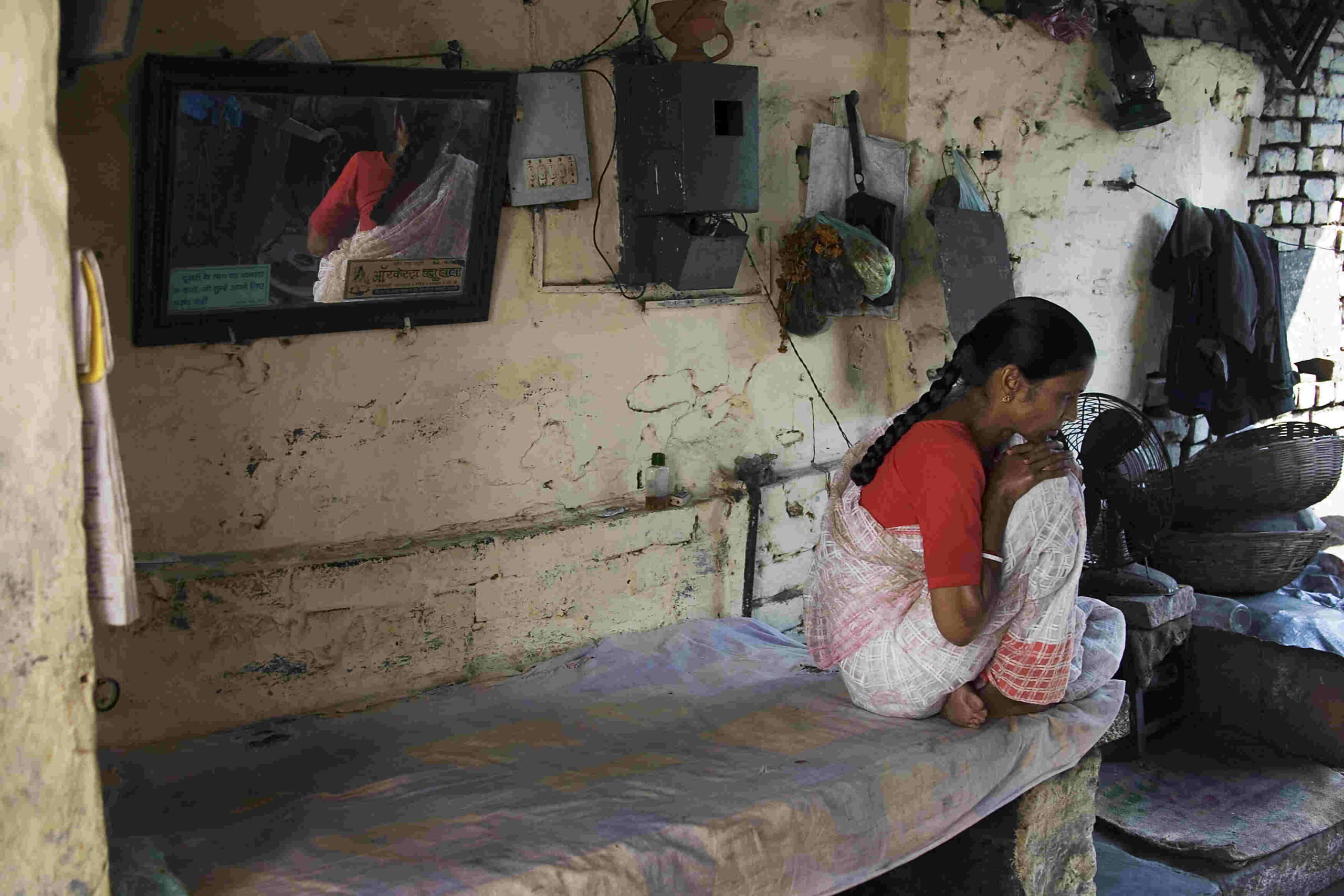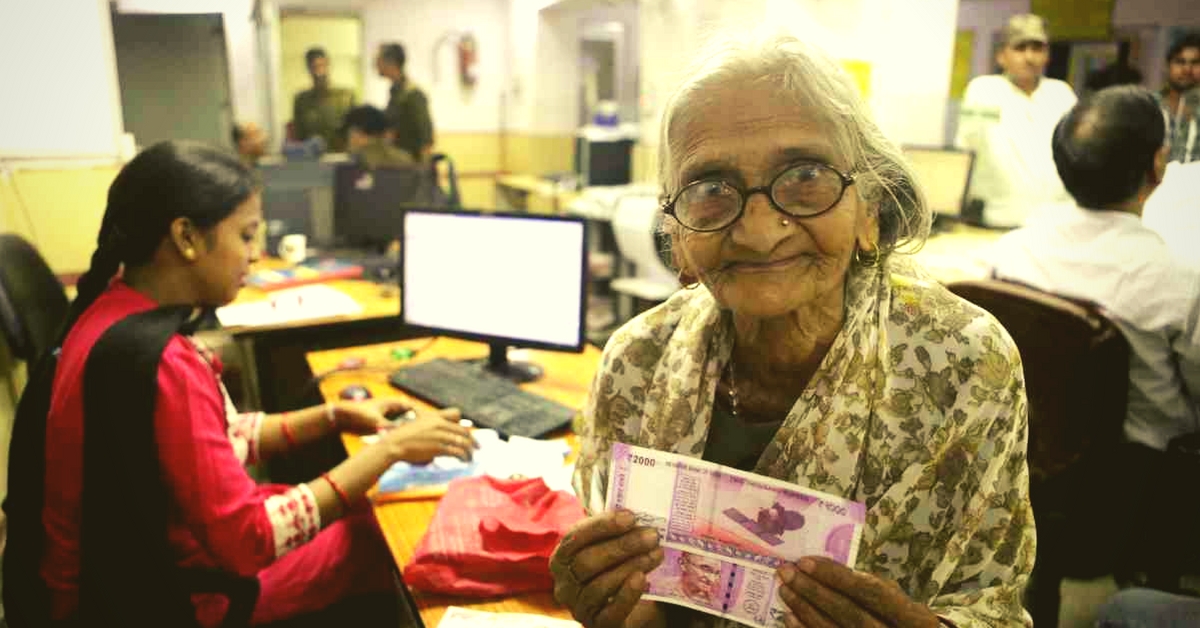Although domestic workers provide crucial services to millions of households every day, often they are denied minimum wages and exploited for long working hours. The community of domestic workers remained hard-hit, especially during the COVID-19 pandemic-induced lockdown when nearly 60 percent remained unpaid.
The official statistics by the International Labour Organization (ILO) place the number of domestic staffers employed in India as 4.75 million, but this is considered a severe underestimation. And the true number is between 20 million and 80 million workers. Even today, a large army of this unorganised sector continues to toil without any social security cover.
If you wish to help your domestic staffers, here are five government schemes with which you can help them secure their lives financially.
Pradhan Mantri Jan Dhan Yojana
In 2014, the Indian government started this financial inclusion programme to encourage citizens to avail of various financial services — such as remittances, credit, insurance, and pensions. It does not require to maintain a minimum balance.
Where to apply: Accounts can be opened in any bank branch or Business Correspondent (Bank Mitra) outlet. Click here to learn more and download the form.

Pradhan Mantri Suraksha Bima Yojana
This government-backed insurance scheme offers accidental death and disability cover for death or disability on account of an accident. The cover shall be for the one-year period which is renewable from year to year.
All savings bank account holders in the age bracket of 18 to 70 years are entitled to join. For death, a sum of Rs 2 lakh is insured; Rs 2 lakh for total and irrecoverable loss of both eyes or loss of use of both hands or feet or loss of sight of one eye and loss of use of hand or foot; whereas Rs 1 lakh for total and irrecoverable loss of sight of one eye or loss of use of one hand or foot.
Where to apply: Click here to fill out the application form.
Atal Pension Yojana
A fixed monthly income will ensure a dignified life in old age when domestic helps are often without any financial support.
Primarily targeted at the unorganised sector, this pension scheme provides a minimum monthly pension of Rs 1,000 at the age of 60 years. Any citizen in the age group of 18 to 40 years is eligible for this benefit.
Where to apply: Approach the bank branch/post office where individuals’ savings bank account is held. Provide the bank account number/post office savings bank account number. Then, with the help of the bank staff, fill up the APY registration form and provide the Aadhaar/mobile number. Ensure to keep the required balance in the savings bank account/post office savings bank account for the transfer of monthly/quarterly/half-yearly contributions. Click here to know more details.

Ayushman Bharat Pradhan Mantri Jan Arogya Yojana
The government-backed national public health insurance scheme aims to provide free access to health insurance coverage for low-income people in the country.
The scheme gives a benefit cover of Rs 5 lakh per family per year. This cover takes care of almost all secondary care and most tertiary care procedures. This scheme does not have any cap on family size and age. It ensures that any member of the family — especially women, children, and the elderly — can avail of the scheme.
Where to apply: To avail of this scheme, the beneficiaries are required to submit documents including identity proof and income certificate. The maximum annual income of the beneficiary should be only up to Rs 5 lakh a year. Click here to apply for the scheme.
Pradhan Mantri Matru Vandana Yojana
This government scheme can be availed by domestic staffers during pregnancy and after the birth of their first child.
This maternity benefit programme is a conditional cash transfer scheme that provides a cash incentive of Rs 5,000 in three instalments for pregnant and lactating mothers of 19 years of age or above.
Where to apply: This service allows beneficiaries to register themselves for the PMMVY scheme. To receive the cash benefit, apply here.
Edited by Pranita Bhat
No comments:
Post a Comment